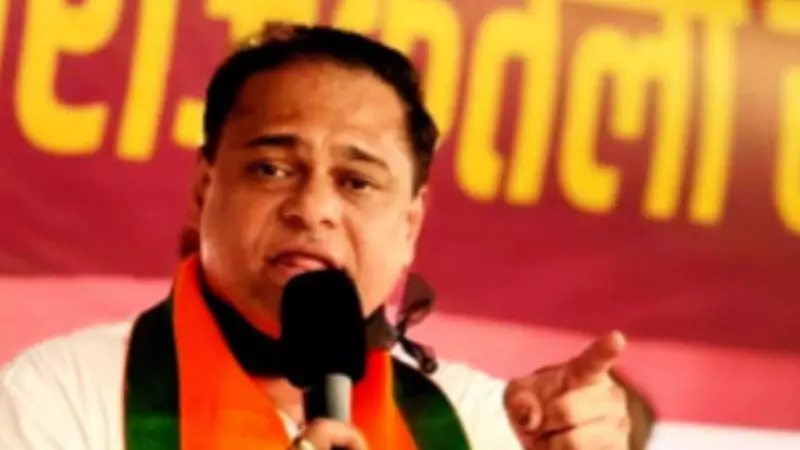
Mumbai's political landscape has been set ablaze by controversial remarks from BJP leader Ameet Satam, who has accused Aam Aadmi Party legislator Zohran Kwame Mamdani of participating in what he termed as 'vote jihad.'
The explosive allegations came during a heated political exchange, with Satam claiming that Mamdani's electoral success in Mumbai was part of a larger conspiracy to divide votes along religious lines. The BJP chief's comments have ignited a fierce debate about religious polarization in Indian politics.
Political Firestorm Erupts
Satam didn't mince words in his accusations, directly targeting Mamdani's political strategy and suggesting a coordinated effort to manipulate electoral outcomes through religious voting patterns. The term 'vote jihad' has particularly drawn criticism for its inflammatory connotations in a diverse democracy like India.
The controversy comes at a sensitive time in Mumbai's political scene, where multiple parties are vying for influence ahead of crucial elections. Mamdani, representing the AAP, has emerged as a significant political figure challenging traditional party dynamics in the city.
Backlash and Reactions
Political analysts and opposition parties have condemned Satam's remarks as divisive and dangerous. Many have called for more responsible political discourse that doesn't weaponize religious identities for electoral gains.
The AAP has strongly refuted the allegations, defending Mamdani's democratic credentials and accusing the BJP of resorting to communal rhetoric when faced with political competition. The party emphasized that Mamdani's election victory was the result of genuine public support and effective grassroots work.
Broader Implications
This incident highlights the increasingly tense political atmosphere in Mumbai, where new political entrants are challenging established parties. The use of terms like 'vote jihad' reflects the growing polarization in Indian political discourse and raises concerns about maintaining communal harmony.
As the controversy continues to unfold, all eyes are on how political parties will navigate these sensitive issues while maintaining democratic decorum and respecting India's pluralistic fabric.





